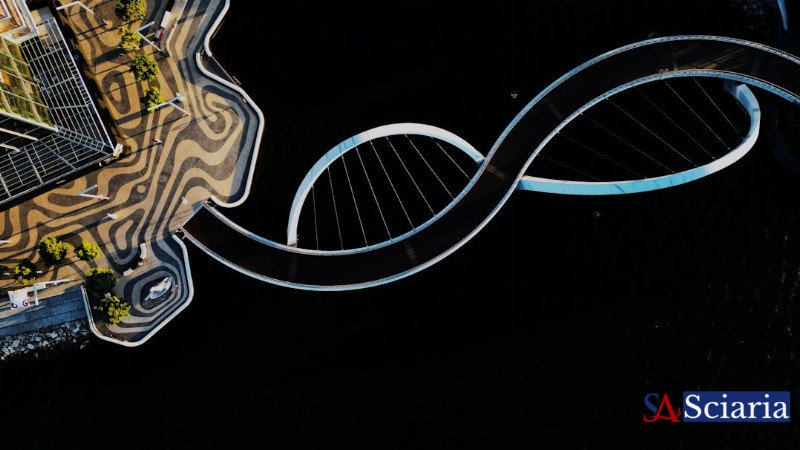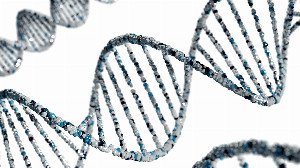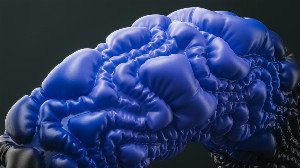Unlocking Life's Source Code: The Rise of Programmable Biology
- Sciaria
- Biotechnology
- Oct 12, 2025
- 0 Comments

Imagine if you could 'program' a living cell like you program a computer. What if the very essence of life, DNA, was just another complex instruction set, waiting to be read, edited, and deployed? This isn't science fiction anymore. The groundbreaking field of programmable biology is transforming how we understand and interact with the natural world, blurring the lines between computation and biological existence and ushering in an era of unprecedented bio-innovation.
At its core, programmable biology, a cornerstone of synthetic biology, operates on the astonishing premise that biological systems can be engineered, designed, and even written from scratch using principles akin to software development. Our genetic material, DNA, functions as a remarkably intricate operating system, with genes acting as individual programs and proteins as the outputs or functions. Just as a software engineer manipulates code to achieve a desired function, biotechnologists are learning to read, write, and edit the genetic code to direct cellular behavior, build novel biological circuits, and design organisms with bespoke functionalities.
The implications are revolutionary. Researchers are designing microbes to produce biofuels, pharmaceuticals, and sustainable materials with greater efficiency. They're engineering immune cells to precisely target cancer, developing diagnostic tools that respond to specific disease markers, and even envisioning entirely new organisms for environmental remediation. Advanced tools like CRISPR gene editing have supercharged this capability, offering unprecedented precision in 'debugging' or 'rewriting' genetic sequences, opening doors to curing genetic diseases and enhancing desired traits with remarkable accuracy.
While the promise is immense, programmable biology comes with significant challenges – complex ethical considerations, the inherent dynamism and 'messiness' of biological systems, and the crucial need for robust safety protocols. Unlike digital code, biological systems are prone to unexpected interactions and can have far-reaching ecological impacts. Yet, as our understanding deepens and our computational and biological tools become more sophisticated, the vision of life as a customizable, programmable entity moves ever closer to reality.
The question 'Is life code?' might not have a simple 'yes' or 'no' answer, but the rise of programmable biology unequivocally demonstrates that life is, in many profound ways, *programmable*. We are entering an era where the architect of life is not just evolution, but increasingly, human ingenuity. This exciting frontier of biotechnology promises to redefine medicine, manufacturing, agriculture, and our very relationship with the living world, unlocking solutions to some of humanity's most pressing challenges.
Comments (0)
Rate This Blog
Top Blogs by Rating
The Gamification of Governance...
By Sciaria
Electro: The Art of Engineered...
By Sciaria
Your Dynamic DNA: The Adapting...
By Sciaria
Favorite Blog
Unlock Your Brainpower: Master...
By Sciaria
Beyond the Stereotype: Unpacki...
By Sciaria
Beyond Silicon: How Living Mat...
By Sciaria
Related Research
Literature review of modification of u-type savonius wind turbine rotor for low wind speeds
Aatseel-vuosikonferenssi 20.–23.2.2025
Analysis of district road conditions in waepotih village, maluku province
Share
Notice Board
- PELATIHAN DASAR INSTALASI TENAGA LISTRIK BAGI SMK WALISONGO SEMARANG
- INTERPRETATION OF QURANIC VERSES: LIFE IN THE WORLD PERSPECTIVE OF TAFSIR RUH AL-MA'ANI AL-ALUSI
- OPTIMIZING ARTIFICIAL INTELLIGENCE (AI) IN EMPOWERING THE CREATIVE ECONOMY OF THE COMMUNITY THROUGH THE DEVELOPMENT OF POTENTIAL HALAL PRODUCTS




